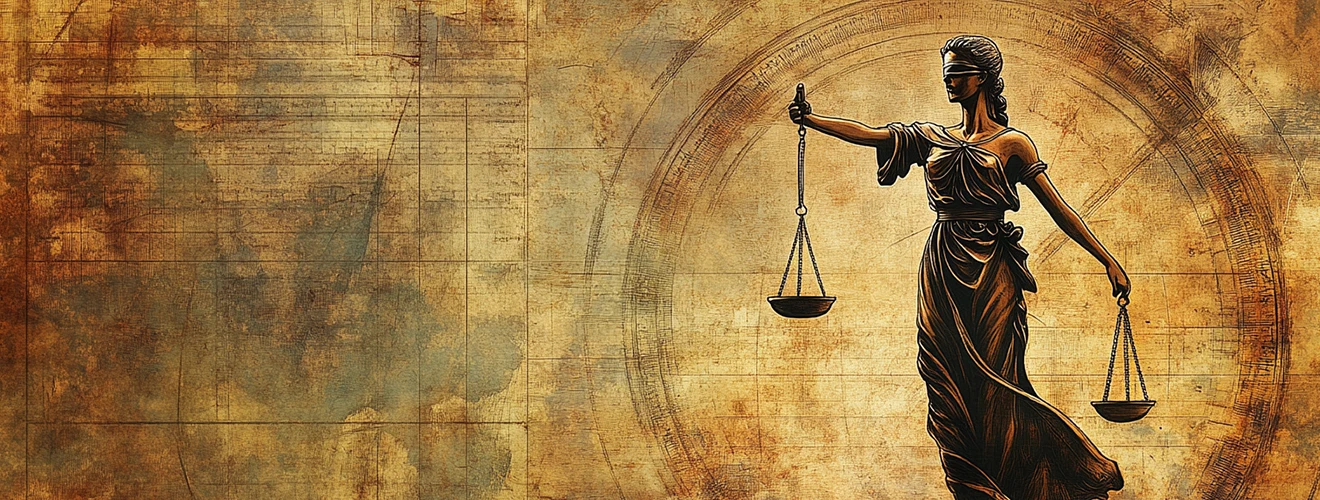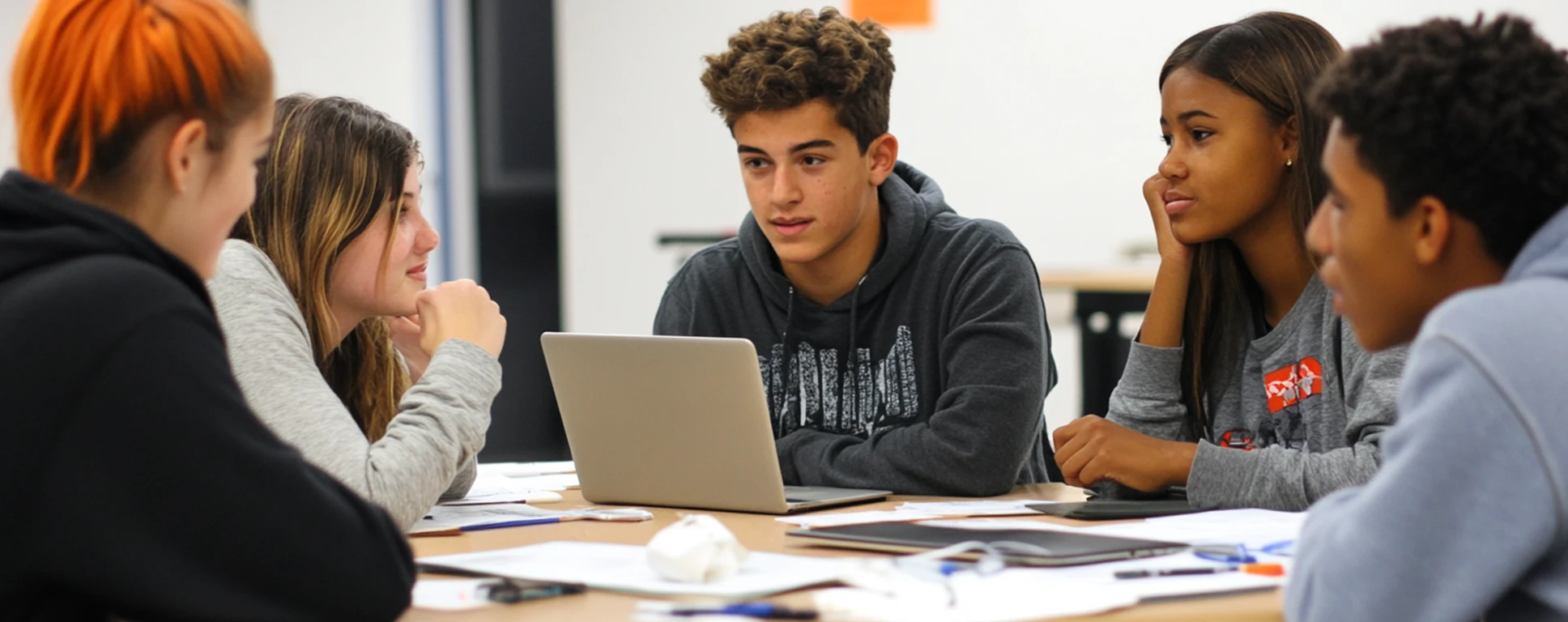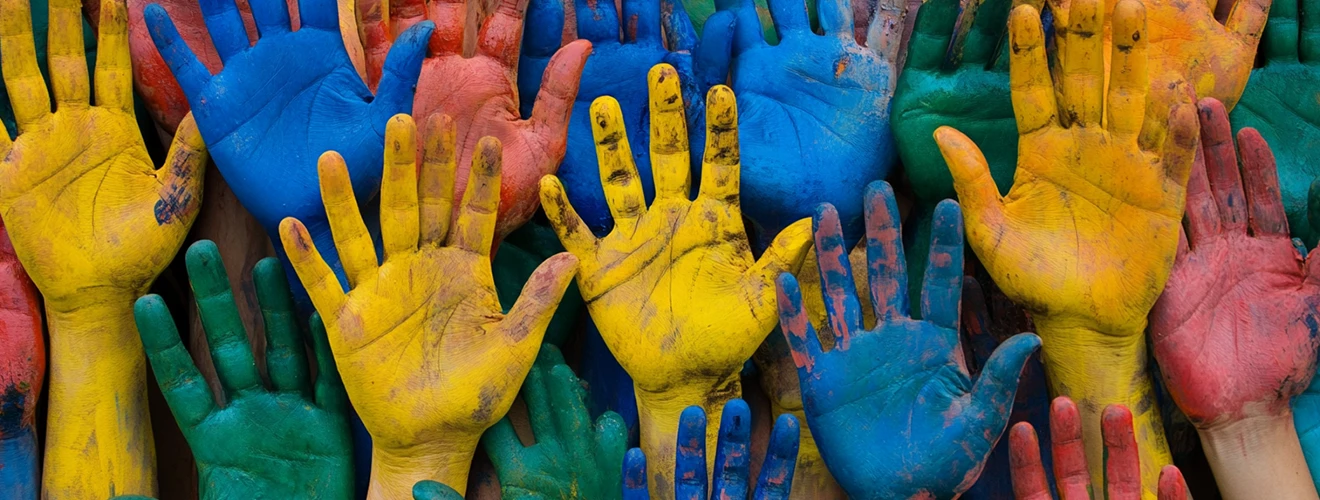
Legal Reasoning and Institutions
Course Description
This course will introduce students to the basic principles of legal reasoning -- how to think like a lawyer -- and provide students with an overview of the legal system.
Students will use rule-based and analytical reasoning to engage with hypotheticals mirroring the laws, guidelines, and standards one encounters daily, from mobile phone subscription plans to school dress codes. Students will then consider law within the framework of institutions, or the enduring set of rules and patterns that regulate behavior, such as constitutional principles, criminal law, tort regulations, and the larger court system.
In this highly interactive course, you will participate in simulations, actively propose and discuss hypotheticals, and work in groups to determine alternative outcomes. You will also hear from guest speakers including practicing lawyers, legal academics, and leaders of civil society organizations, and attend court proceedings.
This course is recommended for students who are interested in law as a career and for anyone who is curious about what makes our social and political world tick.
Academic Interest
Examining Culture and Society, Law and Politics, Social Sciences (e.g., history, psychology, sociology)
Application Materials
A complete application includes a transcript, two short essays, a letter of recommendation, writing sample, application fee, and a submitted parent confirmation. If you are seeking need-based financial aid, you must indicate that in your application before it is submitted. Please refer to the Application Instructions for complete details.
Instructor(s)
Jared Berkowitz
Cost
$9,300
Other Courses to Consider
These courses might also be of interest.
 How Societies Work (or Don't) - Session 1
How Societies Work (or Don't) - Session 1How do societies work? Why do they so often seem to break down and fail? Should we even expect societies to “work” as cohesive entities, or should we assume that they are always rife with conflict, inequality and power struggles?
In in this class, we will address these and other questions by taking a deep dive into different schools of social thought: materialism, which sees the production of goods and services as the force that shapes social organization; structural functionalism, which argues that society’s various parts work together to strengthen social cohesion; social action theory, which argues values, worldviews and social institutions (e.g. religion and family) shape individual activities; performance theory, which focuses on micro-relationships; and, finally, post-modernism, which avoids any over-arching theory of society.
Through these explorations, we will also address topics such as race, class, gender, technology, capitalism and modernity.
Our readings will include works by Karl Marx, Emile Durkheim, Max Weber, Michel Foucault, Judith Butler and others.
Residential Career Insight: Law and Social Impact
Career Insight: Law and Social ImpactMake a difference in the courthouse, legislature, think tank, or NGO!
Explore possible paths to follow during and after college, as you look deeper into how you might pursue your passions. Your journey begins here at UChicago, where fearless inquiry into new ways of understanding seemingly intractable problems is one of our core values.
In the morning, UChicago professors, lecturers, and researchers will introduce you to key concepts and practices in law, public policy studies, and the social sciences through lectures, discussions, readings, and hands-on activities designed to reveal a range of possible pursuits.
In the afternoon, connect with practitioners through presentations, informational interviews, and career treks around the city, and with Career Advancement staff who will help you consider what various career paths you might follow and cultivate the skills you need to begin to pursue those opportunities.
You will put your skills and knowledge into practice in a small-group final project as well as individual reflection essays and other assignments.
Residential Human Rights: Foundational Concepts, Global Challenges
Human Rights: Foundational Concepts, Global ChallengesWhat does it mean to have "human rights"? How does the understanding of these rights shape the world we live in today?
We will explore the evolution of the concept of human rights, from foundational institutions and treaties such as the Universal Declaration of Human Rights to current debates on equality, justice, and freedom. We will consider key issues such as freedom of expression, the right to education, gender equality, and protection from violence—examining how these rights can apply globally and locally.
Through a mix of real-life case studies, interactive discussions, and media, students will dive into how human rights are defended and challenged around the world by international organizations, governments, and grassroots movements in protecting rights and advancing social justice. Whether you're aiming to pursue law, politics, or advocacy, this course equips you with the tools to think critically about human rights in today's world and discover your potential to make an impact.
Residential